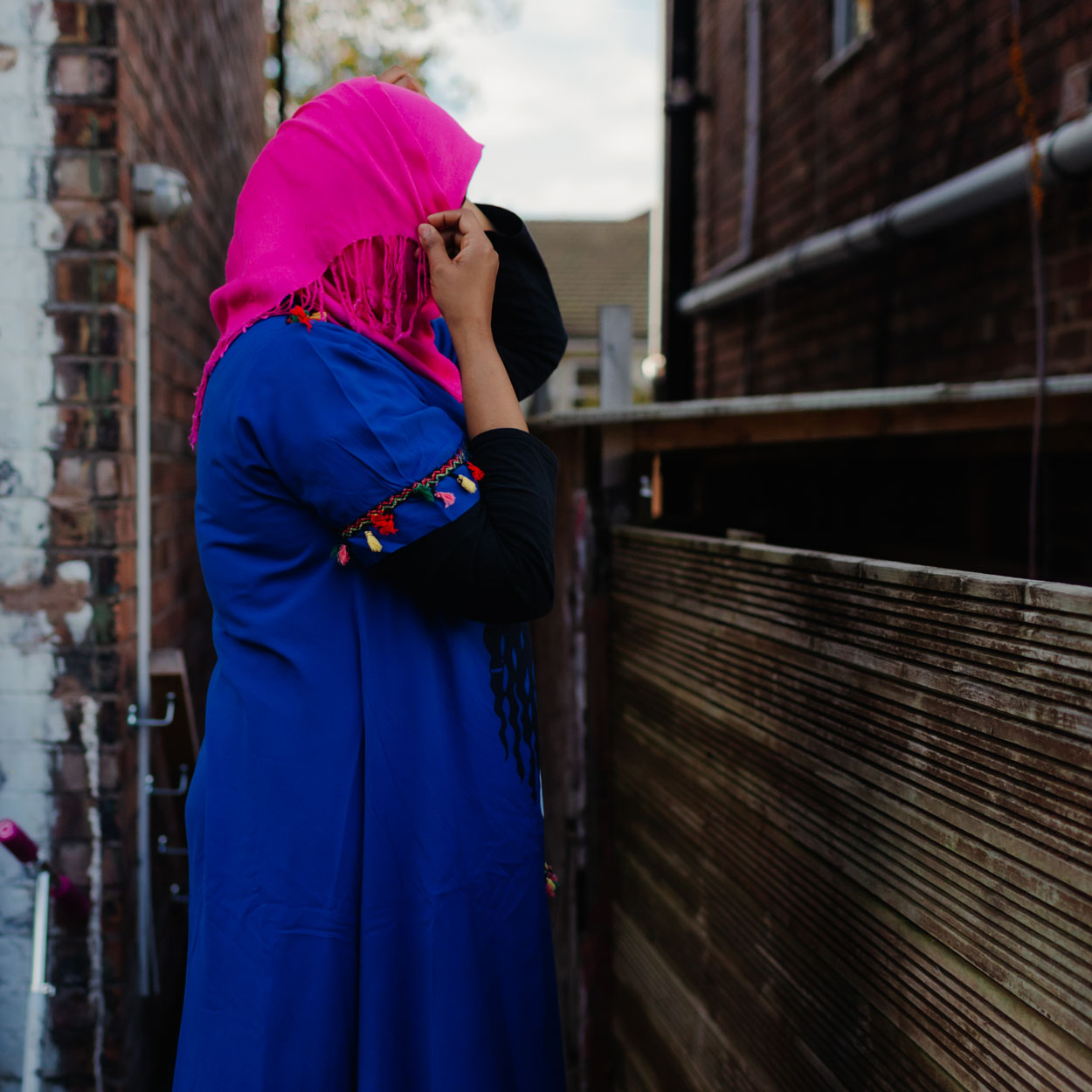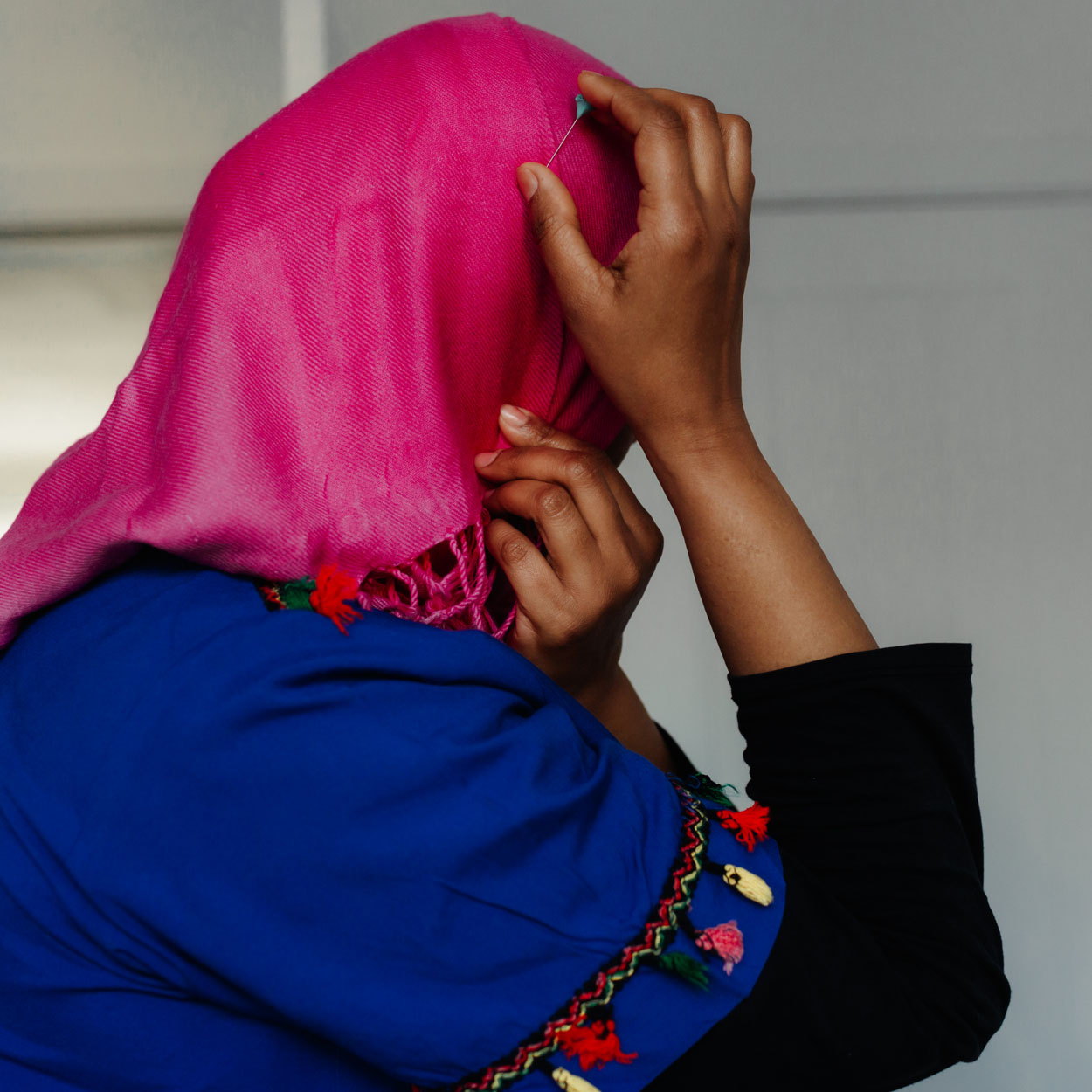Mariam came to the UK with her three children and husband in 2019. She and her children were dependent on her husband, and she knew nothing of the asylum process.
Mariam moved to the UK dependent on her husband, who controlled their application and living situations. When arriving in the country, they lived for a short while in hotels using the money that they had bought with them. Once their funds had run out, they put in their support application as instructed when they arrived in the country. The family spent four months in initial accommodation.
Whilst in initial accommodation, Mariam’s children were receiving no formal education due to living under a Home Office accommodation address. With the help of Refugee Women Connect, Mariam fought to get her children enrolled in a school, although they had already missed a portion of the school year. After much hard work and paperwork, Mariam was able to get free school meals for her children.
Unfiltered Lives - When refuge isn't safe
Over one year on from their arrival in the UK, they were offered an interview for their asylum status. But Mariam was not invited to attend the interview due to her dependency on her husband. This meant that Mariam had little to no knowledge of their application status. Also as a result of her dependency, Mariam was unable to work, although her husband was granted permission. Mariam sees a flaw in the asylum system that gives men more control, which is especially detrimental in cases of SGBV.
“Because a lot of women that come here depend on the men, the men control everything and the Home Office help men to do that,” Mariam explains. “I wish the Home Office said to me to come to interview, no one gave me the chance to speak loudly. If you do not speak then no one can help you.”

Now separated from her husband due to fears for Mariam’s safety, she looks after their three children. With the school run taking up much of her day, and without permission from the Home Office to work, Mariam is unemployed and struggling to make ends meet. Although she did begin undergoing education herself, taking care of her children took precedent and she was unable to complete her studies.
The pressures of having to be the sole provider for her children and being unable to work weigh heavy on Mariam, and she feels the asylum process has stolen years from her life.
Two years on from coming to the UK and separated from her husband, Mariam’s case for asylum was opened independently, and the Home Office granted refuge from her husband, however, Mariam was forced to stay in this situation for weeks whilst the Home Office found a safe place as she is excluded from mainstream provisions.
The asylum system moves slowly. Mariam can sometimes go 3-4 days without any money. With three children to care for, she fears for what they will have to go through, saying, “I can handle what I have to face, but my kids can’t; they don’t know what is coming. Before my kids had everything, when I [brought] them here they lost everything. They say when we go back we can get our toys, our stuff, our things, and I have to say to them that we’re not going back.”

Mariam stresses the need for women to be informed of their rights and what abuse is, as well as giving them the confidence to speak up. This should happen at the initial accommodation stage. She also asks for time to adapt to a new culture. Asylum seekers often need to learn a new language and skills so that they are ready for employment.
The laws in place need to better protect asylum seekers, many of whom have young children, especially women who have been made dependent on their spouses. When Mariam gets her asylum status she will be over 40. Exasperated and stressed, Mariam says, “Why as asylum seekers do we not have rights, we need our voice to be heard.”